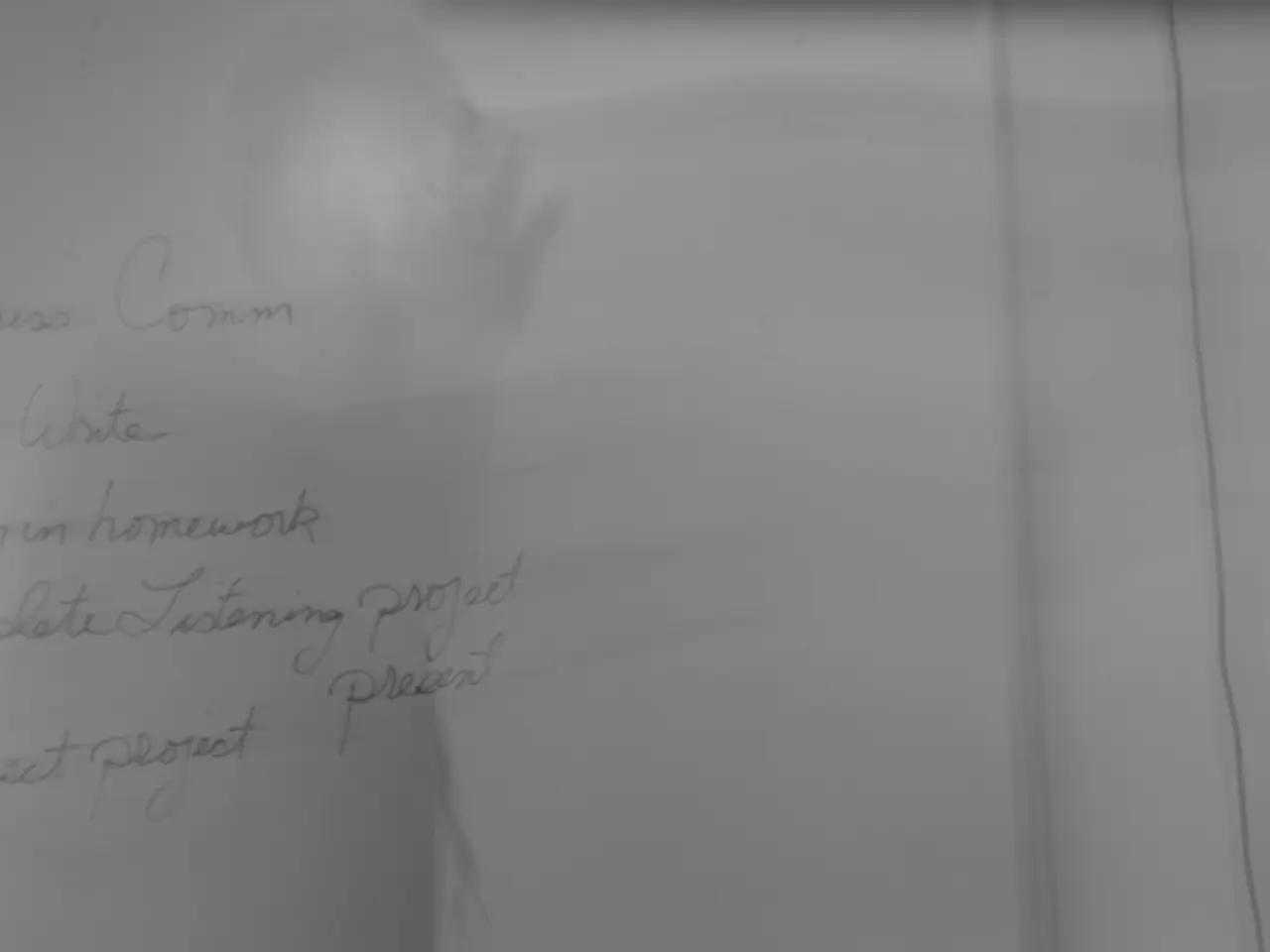U.S. Administration Outlines Flexible Approach to NAFTA Renegotiation
The U.S. administration has sent a letter outlining its plans for renegotiating the North American Free Trade Agreement (NAFTA). The letter, sent today, provides more flexibility in the negotiation process than previously indicated.
The administration is open to borrowing language from past trade agreements, such as the Trans-Pacific Partnership and Trans-Atlantic Trade and Investment Partnership. However, it remains unclear whether the U.S. will include its softwood lumber trade issues with Canada in the NAFTA talks.
The recently nominated Commissioner of U.S. Customs and Border Protection has expressed a desire to address customs cooperation issues and participate in the negotiations. The renegotiations are expected to maintain a trilateral model and cover a wide range of topics, including cybersecurity, rules of origin, dispute settlement, labor and environmental standards, intellectual property, good governance, state-owned enterprises, and agricultural issues.
The administration aims to conclude the renegotiations by the end of this year, but this timetable is considered ambitious. The notification letter mirrors the views of pro-free trade members of Congress, emphasizing the importance of NAFTA and the need for updates.
The U.S. Trade Representative (USTR) is required to provide more details regarding its negotiating objectives at least thirty days before starting negotiations, as per the Trade Promotion Authority (TPA). Despite the lack of specific information about government officials' focus areas, the administration's latest letter signals a more flexible approach to NAFTA renegotiations.
Read also:
- HLC Approves ₹4,645.60 Crore for Flood Recovery and Wetland Rejuvenation in Nine States
- Crooked House Pub's Demolition: Council Orders Rebuild, Debate on Historic Building Protections
- Shaping India's Economic Progression: Readying the Financial System for Tomorrow
- Ethiopia's Grand Dam: 15,000 Lives Lost, Water Concerns Unresolved







